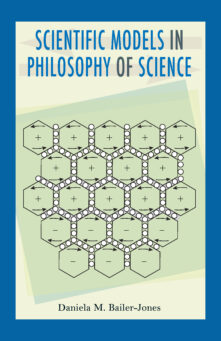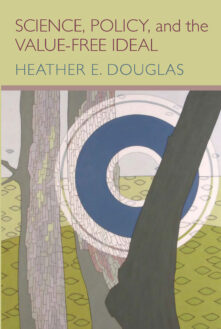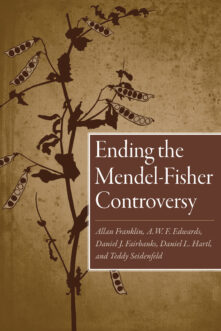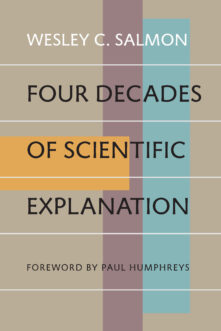Science / Philosophy & Social Aspects
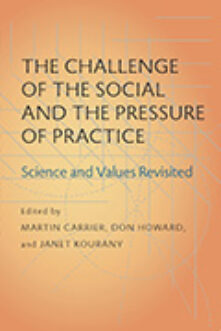
The Challenge of the Social and the Pressure of Practice
Science and Values Revisited
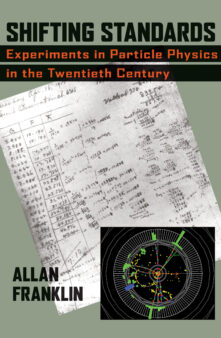
Shifting Standards
Experiments in Particle Physics in the Twentieth Century
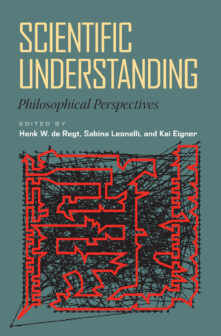
Scientific Understanding
Philosophical Perspectives
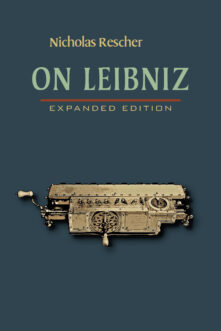
On Leibniz
Expanded Edition
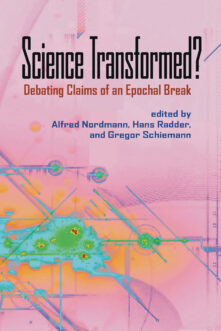
Science Transformed?
Debating Claims of an Epochal Break
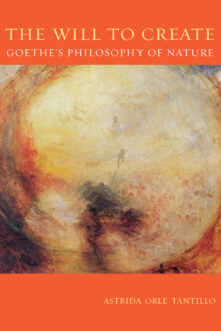
The Will To Create
Goethe’s Philosophy of Nature
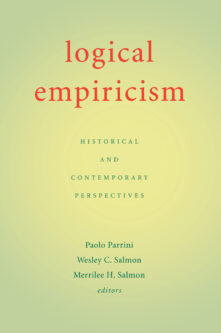
Logical Empiricism
Historical and Contemporary Perspectives
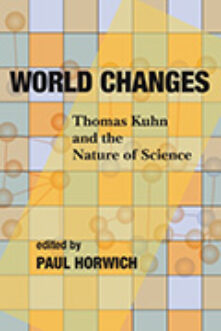
World Changes
Thomas Kuhn and the Nature of Science
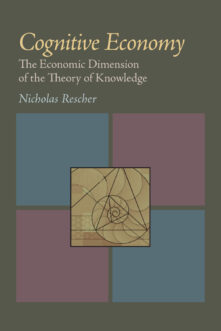
Cognitive Economy
The Economic Dimension of the Theory of Knowledge
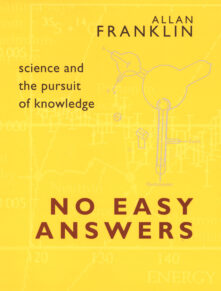
No Easy Answers
Science and the Pursuit of Knowledge
Total 34 results found.


